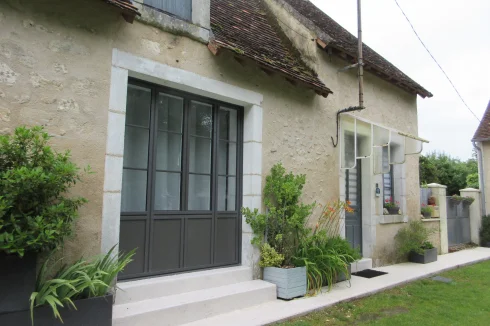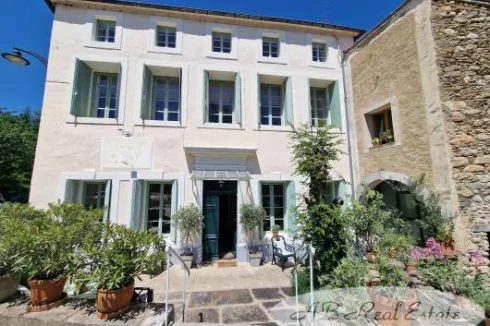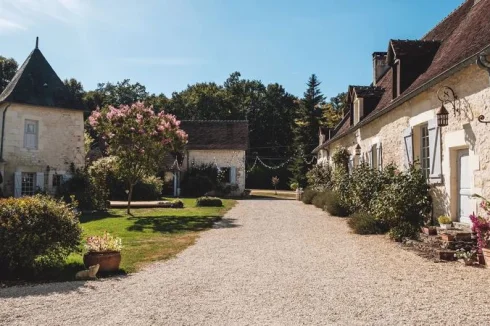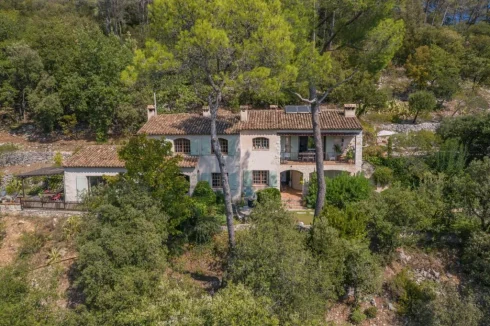Managing Your French Property Purchase
Tuesday 25 February 2014
When advising English speaking clients purchasing a property in France, there are some issues which time and again cause problems and delays, says French property solicitor Barbara Heslop.
Firstly, there is the matter of planning, for it is not uncommon for properties to have been extended or altered without the correct planning process having being followed. Many owners make changes without getting appropriate consents or lodging all the requisite declarations. Even if the works were carried out more than 10 years ago, it is still important to check there has been no breach of planning rules.
For any new construction, major extension or renovation, it is more than likely that a full planning permission will have been necessary. You should therefore ask to see a copy of the consent.
Equally important is the need to ask for a copy of the certificate of conformity, which up until October 2007 would have been issued by the local mairie to confirm it was happy with what had been built.
However for new construction or other major works carried out pursuant to a planning permission issued after 1 October 2007, the mairie no longer routinely issues a certificate of conformity and it is up to the individual owner or his contractor to have lodged a declaration of completion of works and conformity. The mairie then has 3 months in which to challenge the conformity. If the planning documents are not produced it is important to ask the mairie to issue a certificate confirming there was no challenge to the conformity of the works carried out.
The absence of certainty regarding the conformity of works carried out to a property is problematic because if the property is damaged or destroyed by fire, the owner can only guarantee obtaining planning permission to rebuild the property as it was – provided there is proof that the construction and any changes had been built in conformity with all requisite plans.
Secondly, you should consider carefully the compulsory diagnostic reports. These are largely incomprehensible to many buyers as the reports are all in French and tend to be lengthy and technical. Some of the experts helpfully include photos in their reports which assist in deciphering important aspects. However, the reports do need to be fully understood as most of the time the buyer will be required to take full responsibility for any defects or anomalies revealed by them.
For example, if the gas and electrical reports reveal anomalies it is clearly important to understand how serious are the anomalies. The termite report needs to always show the property clear of infestation and buyers need to look closely at the detail of the report to see if the expert has commented on any other form of (non termite) infestation being present which may require attention. The drainage report may place you as buyer under a legal obligation to remedy defects within 12 months of completion of your purchase. The reports relating to the presence of lead and asbestos are generally of lesser importance.
Thirdly is the matter of finance. If you need to obtain a mortgage to assist with the funding of your purchase, it is important to be well organised as the lender will require a lot of information and supporting documentation in order to assess your suitability for the loan. If you are borrowing more than 50% of the purchase price, the lender is likely to insist on life cover being taken out to guarantee repayment of the loan in the event of your death. Many life assurance companies will require you to have a medical (or tests), and so if you have an existing serious medical condition, life cover may be refused or would only be offered at a much higher premium than normal.
Satisfying the requirements of the lender and life assurance company all takes time, and the purchase contract will allow you a certain number of days in which to secure your finance. The minimum number is 30 days and the maximum normally 60 days, with the average period allowed just 45 days from the date of signature of the contract. You are normally required to show proof you have applied for a mortgage within 10 days of signing the purchase contract.
If life cover is outstanding and/or your mortgage offer has not been issued when the deadline of the loan condition is reached, you can ask the sellers to allow an extension of time. If they refuse the contract will be cancelled and you would only get your deposit back if you can produce a letter from the lender stating it has refused the loan. Evidence would need to be provided by you that you applied diligently for the loan. Failure to get your finance in place in good time can therefore be quite a stressful part of the transaction and in a worst case scenario you could lose your deposit.
These are just a few of the common issues that can and do complicate the purchase process, and a lack of understanding of the legal process and the French language do create risks for the unwary buyer.
Barbara Heslop
Principal
Heslop & Platt – Solicitors & French Law Specialists
Barbara Heslop will be at the French Village, A Place in the Sun Live, London March 2014, where you can discuss the legal aspects of buying property in France with her over the three days.
Next Article: Leggett Immobilier Promotion
Thank you for showing an interest in our News section.
Our News section is no longer being published although our catalogue of articles remains in place.
If you found our News useful, please have a look at France Insider, our subscription based News service with in-depth analysis, or our authoritative Guides to France.
If you require advice and assistance with the purchase of French property and moving to France, then take a look at the France Insider Property Clinic.





